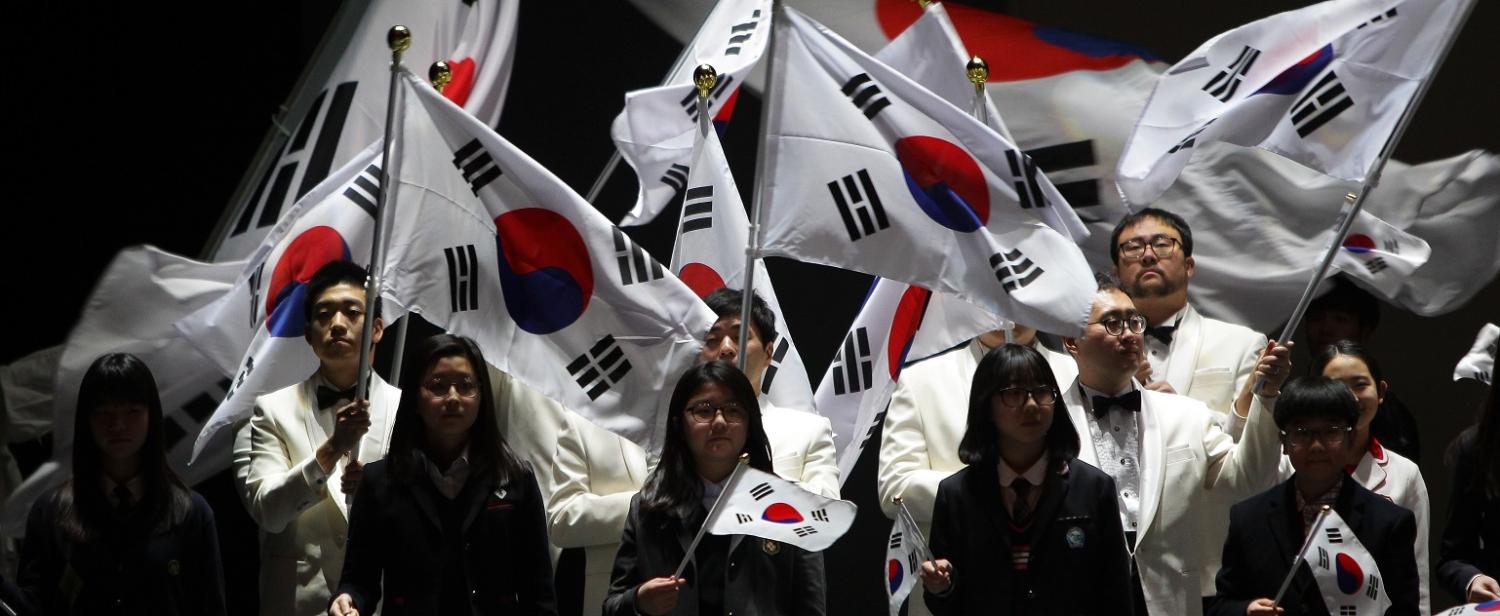In May 2012, Japan and Australia signed a bilateral information-sharing agreement. There was little media coverage in either country and neither government faced any political backlash.
In the same year, Japan and South Korea were supposed to sign a similar agreement with the inelegant acronym GSOMIA (General Security of Military Information Agreement). Clearly South Korea and Japan, the two neighbouring states most threatened by North Korea’s nuclear-tipped belligerence, have a greater need for intelligence sharing and they received plenty of encouragement from their common ally, the United States, to do so.
At that time, Lee Myung-bak was the president of South Korea. Lee had come to power in 2008 pushing for closer relations with Japan, a firmer approach towards North Korea, and a more sceptical approach to China. Yet, at the very last minute, Seoul refused to sign the agreement due to growing political and public opposition to it in South Korea. Later that year, President Lee became the first South Korean president to visit Dokdo/Takeshima, a rock claimed by both countries and administered by South Korea.
At the beginning of Lee’s term, South Korea-Japan ties were at a new high with much progress expected. By the end, they had hit a new nadir with little progress made.
In 2013, Park Geun-hye took over as South Korean president pushing for closer relations with China, a softer trustpolitik approach towards North Korea, and a very critical approach to Japan. She (in)famously said it would be pointless to meet with Prime Minister Abe until the Japanese government had righted its historical wrongs to her satisfaction. Yet, last week, on 23 November, South Korea and Japan signed the much delayed GSOMIA despite (or possible aided by) President Park’s perilous political position. At the beginning of Park’s term, South Korea-Japan relations were at a nadir with no signs of progress. At the apparent denouement, they have improved significantly.
Two tentative conclusions can be drawn from GSOMIA’s perilous path; one is good for future South Korea-Japan security cooperation against the threat from North Korea, and the other is bad. Firstly, it is clear that over the last four years, the threat posed by North Korea has grown, as has the appreciation in Seoul of the need for closer military cooperation with the US and Japan to counter this threat. The Park administration’s decision in July to deploy a THAAD missile defence system in the face of virulent criticism from Beijing and Pyongyang supports this threat-based conclusion. The second conclusion is that South Korea-Japan relations will remain vulnerable to South Korean identity politics. The next government in Seoul could choose to not support the implementation of GSOMIA. This agreement may be signed but it is not done and dusted yet.
Photo by Chung Sung-Jun/Getty Image

